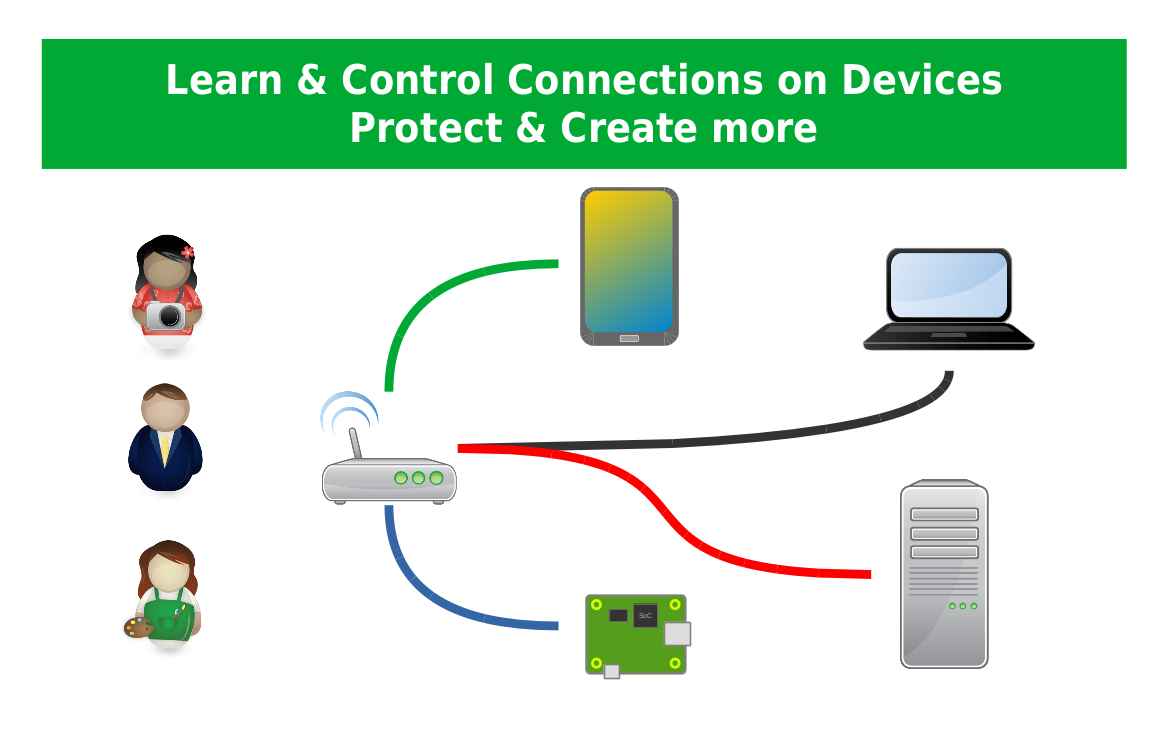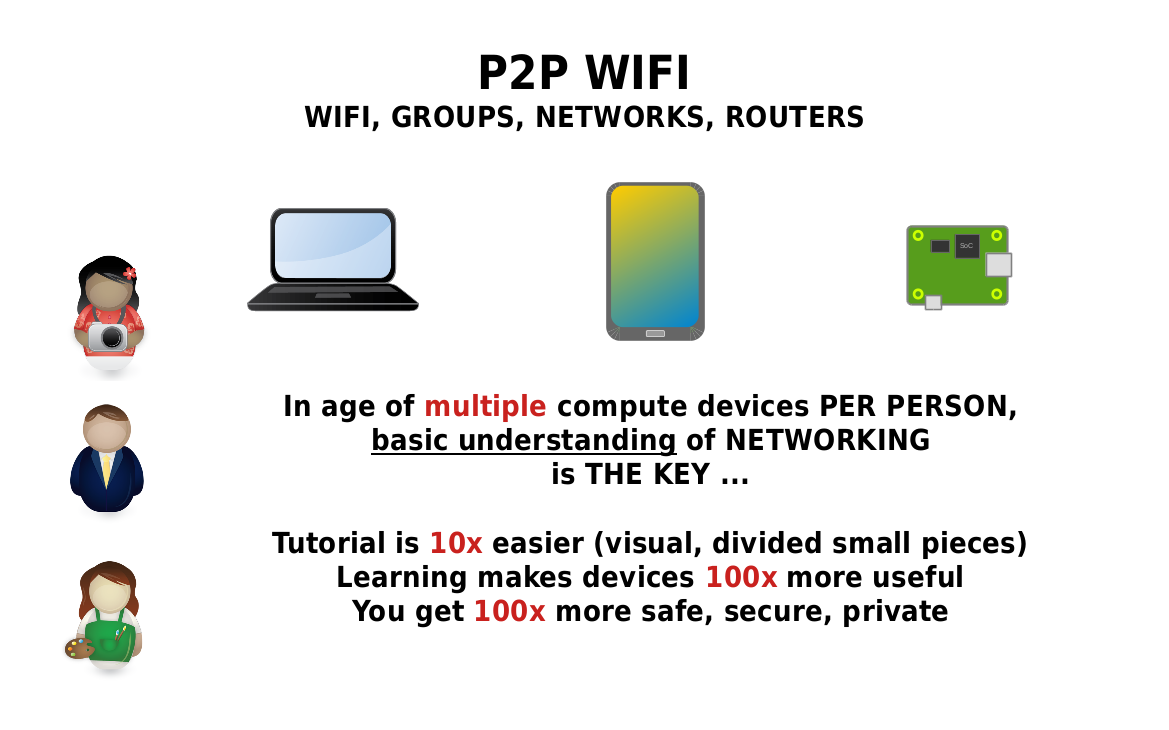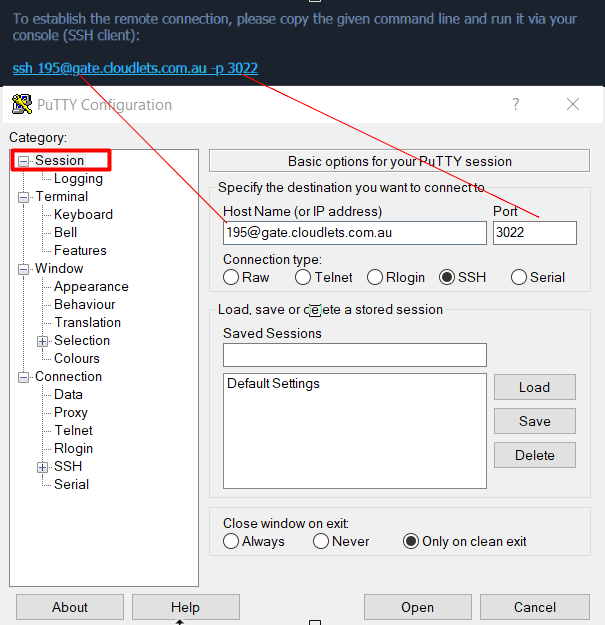Ever wondered how you can securely connect remote IoT P2P Raspberry Pi devices on your Mac? Well, buckle up because we’re diving deep into this tech-savvy world. In today’s interconnected era, IoT devices are more than just gadgets—they’re the backbone of smart living. But with great connectivity comes great responsibility. Protecting your IoT network is crucial, especially when you’re dealing with sensitive data. This guide will show you how to set up a secure connection between your Raspberry Pi and Mac without compromising performance or privacy.
Imagine this—you’ve got a Raspberry Pi acting as the brain of your smart home system, but it’s located miles away from your Mac. You need to access it remotely, tweak settings, or download essential files. Sounds simple, right? Not quite. Without proper security measures, your connection could be vulnerable to hackers or unauthorized access. That’s where peer-to-peer (P2P) technology comes in. It’s like having a direct line of communication that bypasses traditional servers, making your connection faster and safer.
Now, before we jump into the nitty-gritty, let’s clear something up. Securing IoT devices isn’t just about installing some random software or following a generic tutorial. It’s about understanding the nuances of networking, encryption, and device management. By the end of this article, you’ll have all the tools and knowledge you need to create a secure, seamless connection between your Raspberry Pi and Mac. Ready? Let’s go!
Read also:Ryan Serhant Net Worth A Closer Look At The Real Estate Moguls Fortune
What Exactly is Secure Remote IoT P2P Raspberry Pi?
First things first, let’s break down what we’re talking about here. Secure remote IoT P2P Raspberry Pi refers to establishing a safe and private connection between your Raspberry Pi device and another computer (in this case, your Mac) using peer-to-peer technology. Think of it as a private tunnel that only you can access. No middlemen, no public servers—just you and your device.
This setup is particularly useful for managing IoT devices remotely. Whether you’re monitoring weather sensors, controlling smart appliances, or running a home surveillance system, having a secure connection ensures that your data remains private and protected. Plus, with P2P, you eliminate the latency issues that often come with traditional client-server models.
Why Should You Care About Security?
Let’s be real—security isn’t just a buzzword. It’s a necessity. When you’re dealing with IoT devices, even the smallest vulnerability can lead to massive consequences. Imagine someone gaining access to your smart door lock or surveillance camera feed. Scary, right? That’s why securing your connections is non-negotiable.
Here’s the deal: most IoT devices aren’t designed with robust security features out of the box. They’re built for convenience, not protection. By setting up a secure P2P connection, you’re adding an extra layer of defense that keeps prying eyes at bay.
Step-by-Step Guide to Setting Up a Secure Connection
Alright, let’s get our hands dirty. Below is a step-by-step guide to help you securely connect your Raspberry Pi to your Mac using P2P technology. Don’t worry if you’re not a tech wizard—we’ll walk you through everything.
Step 1: Gather Your Tools
Before you start, make sure you have the following:
Read also:Gia Zavala Damon Rising Star In The Spotlight
- Raspberry Pi (with necessary peripherals)
- A Mac computer
- An SSH client (like Terminal on macOS)
- A stable internet connection
- A P2P software or service (we’ll recommend some later)
Step 2: Install Necessary Software
On your Raspberry Pi, you’ll need to install software that supports P2P connections. One popular option is ngrok, which allows you to expose local servers to the internet securely. You can download it directly from the official website or use the command line:
sudo apt-get install ngrok
On your Mac, ensure that you have the latest version of macOS and a reliable SSH client installed. Most Macs come with Terminal pre-installed, so you’re good to go there.
Step 3: Configure Your Raspberry Pi
Once you’ve installed the necessary software, it’s time to configure your Raspberry Pi. Here’s what you need to do:
- Set up a static IP address for your Raspberry Pi to ensure consistent connectivity.
- Enable SSH by running the command
sudo raspi-configand navigating to the SSH options. - Start ngrok and generate a secure tunnel by running
./ngrok tcp 22.
Step 4: Connect via Your Mac
Now that your Raspberry Pi is ready, it’s time to connect from your Mac. Open Terminal and enter the following command:
ssh pi@YOUR_NGROK_ADDRESS
Replace YOUR_NGROK_ADDRESS with the address provided by ngrok. Enter your Raspberry Pi’s password when prompted, and voilà—you’re connected!
Understanding the Importance of Encryption
Encryption is your best friend when it comes to securing IoT connections. Without it, your data is like an open book waiting to be read by anyone with malicious intent. By encrypting your P2P connection, you ensure that even if someone intercepts your data, they won’t be able to decipher it.
There are several encryption protocols you can use, such as AES-256 or TLS. These protocols scramble your data into unreadable formats, making it nearly impossible for hackers to access. Most P2P software already comes with built-in encryption, but it’s always a good idea to double-check and upgrade if necessary.
How Does Encryption Work?
Here’s a quick rundown of how encryption works:
- Data is converted into ciphertext using an encryption algorithm.
- A decryption key is required to convert the ciphertext back into plaintext.
- Only authorized users with the correct key can access the data.
Simple, right? Well, maybe not so simple, but definitely worth the effort.
Best Practices for Securing Your IoT Network
Setting up a secure connection is just the beginning. To truly safeguard your IoT network, you need to follow best practices. Here are a few tips:
1. Use Strong Passwords
Weak passwords are a hacker’s dream come true. Always use strong, unique passwords for all your IoT devices. Consider using a password manager to keep track of them.
2. Regularly Update Firmware
Manufacturers frequently release firmware updates to patch vulnerabilities and improve performance. Make it a habit to check for updates regularly.
3. Segment Your Network
Keep your IoT devices on a separate network from your main one. This way, even if one device gets compromised, the rest of your network remains safe.
4. Monitor Activity
Keep an eye on your network activity. If you notice any suspicious behavior, take immediate action to investigate and resolve the issue.
Top P2P Software for IoT Connections
Choosing the right P2P software can make or break your secure connection. Here are a few options worth considering:
1. ngrok
ngrok is a popular choice for creating secure tunnels between local servers and the internet. It’s easy to set up and offers both free and paid plans.
2. ZeroTier
ZeroTier is a virtual network provider that allows you to create private networks for your IoT devices. It’s highly scalable and supports multiple platforms.
3. Tailscale
Tailscale is another great option for secure P2P connections. It uses WireGuard under the hood and offers a user-friendly interface.
Common Challenges and How to Overcome Them
While setting up a secure IoT P2P connection is straightforward, you might encounter a few challenges along the way. Here’s how to tackle them:
Challenge 1: Connectivity Issues
Solution: Ensure that both your Raspberry Pi and Mac are connected to stable internet connections. Also, double-check your network settings and firewall rules.
Challenge 2: Security Breaches
Solution: Regularly update your software and firmware. Use strong encryption and monitor your network activity closely.
Challenge 3: Limited Bandwidth
Solution: Optimize your P2P connection by reducing unnecessary data transfers. Consider using compression techniques to save bandwidth.
Conclusion: Take Action Today
There you have it—a comprehensive guide to securely connecting remote IoT P2P Raspberry Pi devices on your Mac. By following the steps outlined above, you can create a robust, secure connection that keeps your data safe and your devices running smoothly.
But don’t stop here. The world of IoT is constantly evolving, and staying informed is key to staying secure. Keep learning, experimenting, and refining your setup. And remember, if you have any questions or need further assistance, feel free to leave a comment below or share this article with your fellow tech enthusiasts. Together, we can build a safer, smarter future!
Table of Contents
Securely Connect Remote IoT P2P Raspberry Pi Download Mac: Your Ultimate Guide
What Exactly is Secure Remote IoT P2P Raspberry Pi?
Why Should You Care About Security?
Step-by-Step Guide to Setting Up a Secure Connection
Step 2: Install Necessary Software
Step 3: Configure Your Raspberry Pi
Understanding the Importance of Encryption
Best Practices for Securing Your IoT Network
Top P2P Software for IoT Connections


